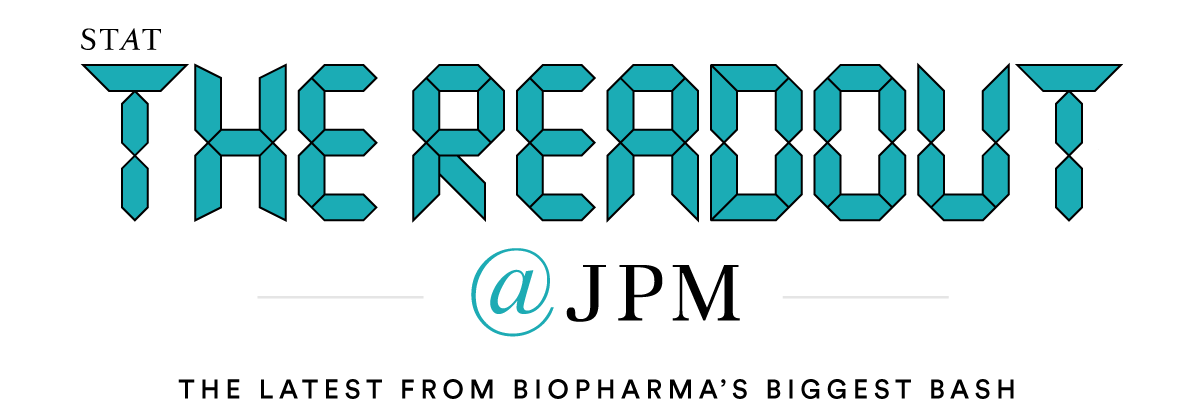

Chronic cough is a big deal. Just ask Bellus, or anyone who has it
It’s been a good year for Bellus Health, the small Canadian drug maker developing a new pill for chronic cough. The stock is up fourfold on growing Wall Street interest in the pending results from a mid-stage clinical trial expected to read out in the middle of the year. Merck has also helped boost Bellus’ visibility. The pharma giant has talked up its own chronic cough pill already in Phase 3 studies as a potential blockbuster. Bellus’ drug, called BLU-5937, might be more potent and better tolerated, although the data mid-year will tell the tale.
But chronic cough? How bad can that really be?
“I don’t know if you’ve ever had a cough and tried to get on a plane, but the dirty stares you will get when boarding a plane while coughing — people want to kill you,” said Bellus CEO Roberto Bellini, speaking to STAT on the sidelines of JPM on Wednesday morning.
There are 2.6 million people suffering from refractory chronic cough, meaning 30 to 40 coughs per hour. “These people aren’t sick, they’re not contagious, what they are is hyper-sensitized,” Bellini continues. “Things that shouldn’t make you cough, make you cough. Stuff like cold air, certain smells, minor irritants, and you get into a vicious cycle. This leads to pyschosocial problems. These people have much higher rates of depression and anxiety. They take more anti-anxiety meds and antidepressants. It is a big problem.”
But chronic cough? How bad can that really be?
“I don’t know if you’ve ever had a cough and tried to get on a plane, but the dirty stares you will get when boarding a plane while coughing — people want to kill you,” said Bellus CEO Roberto Bellini, speaking to STAT on the sidelines of JPM on Wednesday morning.
There are 2.6 million people suffering from refractory chronic cough, meaning 30 to 40 coughs per hour. “These people aren’t sick, they’re not contagious, what they are is hyper-sensitized,” Bellini continues. “Things that shouldn’t make you cough, make you cough. Stuff like cold air, certain smells, minor irritants, and you get into a vicious cycle. This leads to pyschosocial problems. These people have much higher rates of depression and anxiety. They take more anti-anxiety meds and antidepressants. It is a big problem.”































No hay comentarios:
Publicar un comentario